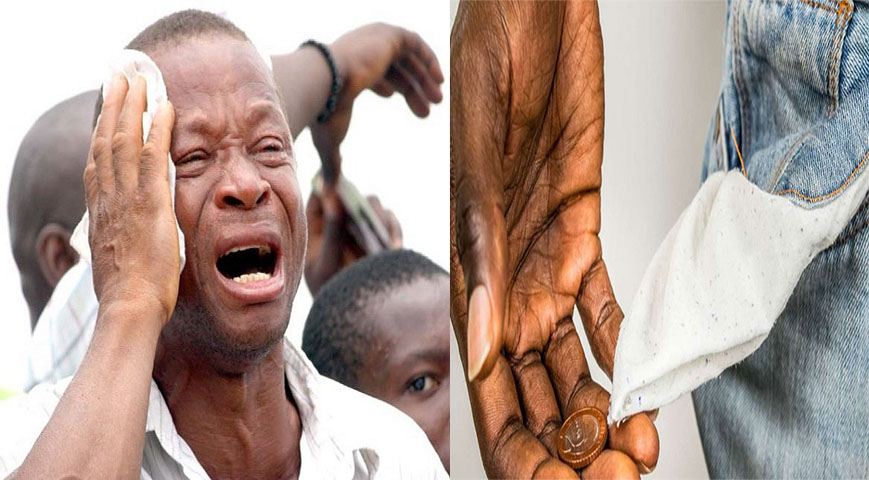Hangovers are a common occurrence after a night of excessive alcohol consumption.
Symptoms can range from mild headaches and fatigue to more severe symptoms like nausea, vomiting, and dehydration.
Dealing with a hangover can be a daunting task, but there are several things that can be done to alleviate the symptoms and help you recover faster.
Hydration is Key
One of the main causes of a hangover is dehydration. Alcohol is a diuretic, which means it increases urine production and leads to dehydration.
Rehydrating your body is an essential step in dealing with a hangover. Drinking water is the best way to rehydrate your body, and it is recommended to drink at least 8 ounces of water for every alcoholic drink you consumed the night before.
Sports drinks or coconut water can also help to replenish electrolytes and fluids lost through excessive drinking.
Get Enough Rest
Alcohol consumption can disrupt your sleep cycle, leaving you feeling tired and groggy the next day.
Getting enough rest is essential in dealing with a hangover. Try to get a full night's sleep and take naps during the day if needed.
Resting allows your body to recover and replenish the energy it lost during alcohol consumption.
Eat a Balanced Meal
Eating a balanced meal can help to ease the symptoms of a hangover. Consuming foods high in protein and healthy fats can help to stabilize your blood sugar levels and provide your body with the necessary nutrients it needs to recover.
Avoid foods high in salt and sugar, as these can exacerbate dehydration and make symptoms worse.
Take Over-the-Counter Medications
Over-the-counter medications like ibuprofen or acetaminophen can help to alleviate headaches and body aches associated with a hangover.
However, it is important to follow the recommended dosage and not to exceed the maximum daily limit.
Aspirin should be avoided, as it can irritate the stomach and increase the risk of gastrointestinal bleeding.
Consume Natural Remedies
Certain natural remedies can help to ease the symptoms of a hangover. Ginger tea can help to reduce nausea and vomiting, while honey can help to stabilize blood sugar levels.
Eating bananas can help to replenish electrolytes lost during alcohol consumption, and coconut water can help to rehydrate the body.
Avoid Further Alcohol Consumption
Consuming more alcohol to ease the symptoms of a hangover is a common misconception.
However, this can actually make the symptoms worse and prolong the recovery process. Avoiding alcohol consumption is essential in dealing with a hangover and allowing your body to recover.
Exercise
Exercise may not be the first thing that comes to mind when dealing with a hangover, but light physical activity can help to alleviate symptoms.
Exercise releases endorphins, which can help to improve mood and reduce feelings of anxiety and depression associated with a hangover.
However, it is important to avoid strenuous exercise, as this can worsen dehydration and increase the risk of injury.
Seek Medical Attention if Needed
In severe cases, a hangover can lead to more serious complications like alcohol poisoning.
If you are experiencing severe symptoms like confusion, seizures, or difficulty breathing, seek medical attention immediately.
Alcohol poisoning is a medical emergency and requires immediate treatment.
Final Thoughts
Dealing with a hangover can be a challenging task, but there are several things that can be done to alleviate symptoms and promote recovery.
Hydration, rest, a balanced meal, over-the-counter medications, natural remedies, avoiding further alcohol consumption, exercise, and seeking medical attention if needed are all effective ways to deal with a hangover.
Remember to drink alcohol responsibly and in moderation to avoid the negative effects of excessive alcohol consumption.












